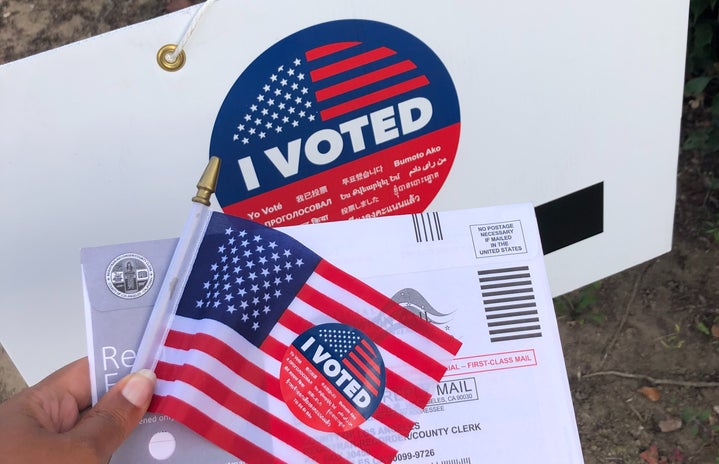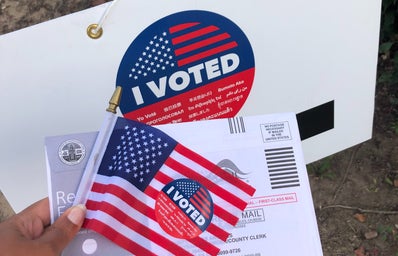This year has been an especially heavy one on people all around the world. There is a war in the Ukraine, internationally broadcasted police brutality, and a constant pressure on all political governments to deal with the rise of inflation. This year also marks the Midterm election in the United States of America.
The midterm elections are general elections that occur in the middle of a president’s four-year term. The elections that normally attract the most attention are the ones for the House of Representatives and the Senate. The midterm elections are what defines the House of Representatives and the Senate by a majority of Republicans or Democrats. During this time, there are also governor elections in various states which can be influential on the decisions of each state. This is important because it helps determine how each state will react in terms of various country-wide issues such as abortion rights or limitations on guns.
Unfortunately, this year, the positions of people in the House of Representatives is not the only thing on the ballot. Other important topics are up for debate as well. Some of the biggest issues were limitations on gun rights and permits, abortions, and a long-awaited proposal to forbid slavery and involuntary servitude. The idea that slavery and involuntary servitude is still a possible punishment for those convicted of various crimes is an unfathomable topic that had not crossed many people’s minds.
It has long been an assumption that slavery should be an illegal act in all 50 states and that people who partake in enslaving individuals would not only be breaking the law, but they would also be violating people’s human rights. Yet slavery still takes place, and it is especially present in the prison systems.
In certain prisons, inmates are required to complete forced labor, which they are paid for in pennies, or sometimes nothing at all. Forced labor can range from maintenance work on the prison itself to the production of goods that can be sold either inside or outside of the prison. With the pennies that they make, prisoners can purchase various goods inside the prison, but the wage is simply not enough to support them or those outside the prison they may want to give their earnings to. On the unfortunate flip side, the goods that the prisoners are producing are valued at more than $2 billion per year.
Those that benefit from prison labor are the prison system itself, the state, local and federal governments, and private sector companies. The systems that benefit from the profits the prisoners work hard to make, should be put into making sure the prison is livable for other prisoners. Their labor could also be used by the state, local, and federal governments as distribution in other prisons in the area. But the private sector companies that profit off of prisoners are most likely to pay the inmates the least amount of money and make the most profit. This means that no work from the prisoners are going to the future of other members in that community. The private sectors are able to sell the goods outside the prison, which can influence the amount of produce the prisoners have to make afterward.
The issue with the fact that this was on the ballot for Alabama, Tennessee, Louisiana, Oregon and Vermont goes to prove that people have grossly overlooked the types of slavery that can exist in our community and society. People have assumed that the labor prisoners are completing is simply the norm, when it is not. If they are to be completing labor, the right to be paid properly should be considered. Nevertheless, the fact that these issues are coming up in the ballot is fortunate for the community to reconsider the type of servitude that prisoners are being made to complete. This can provide a potential change in the community for not just the current prison system but all future systems and their members.
References:

